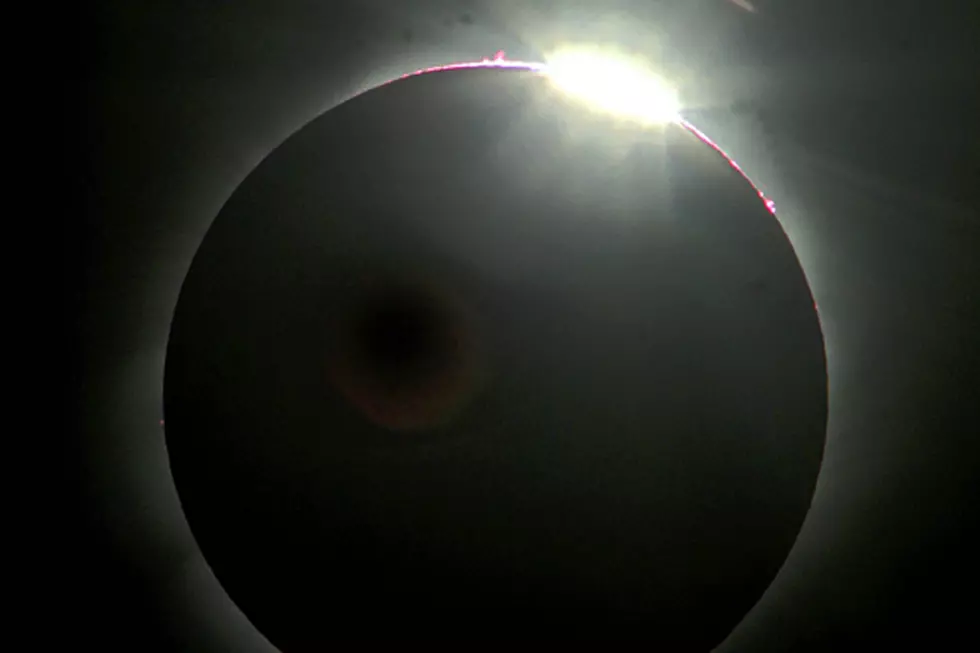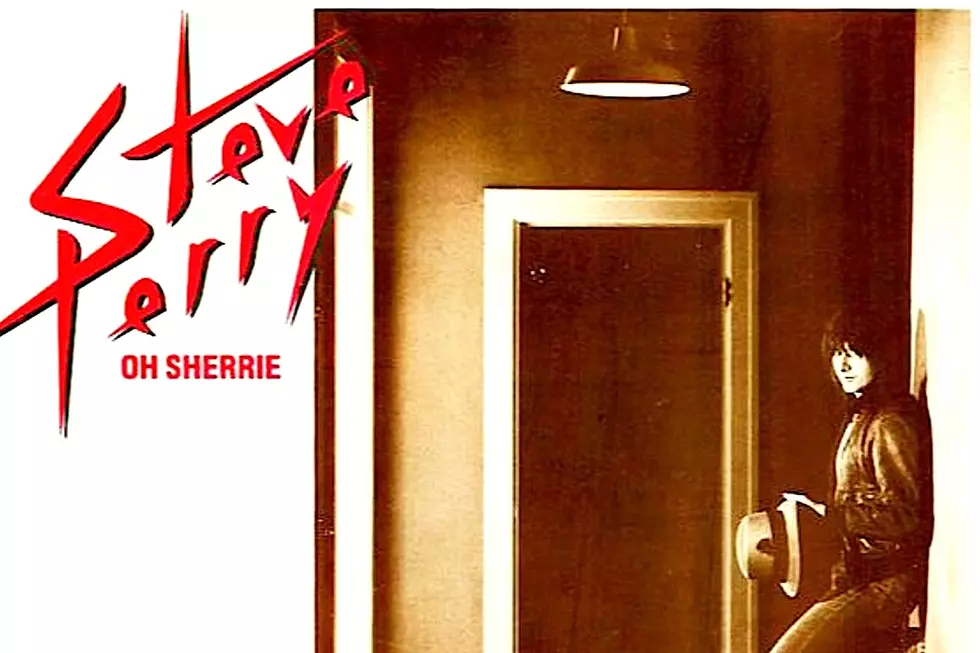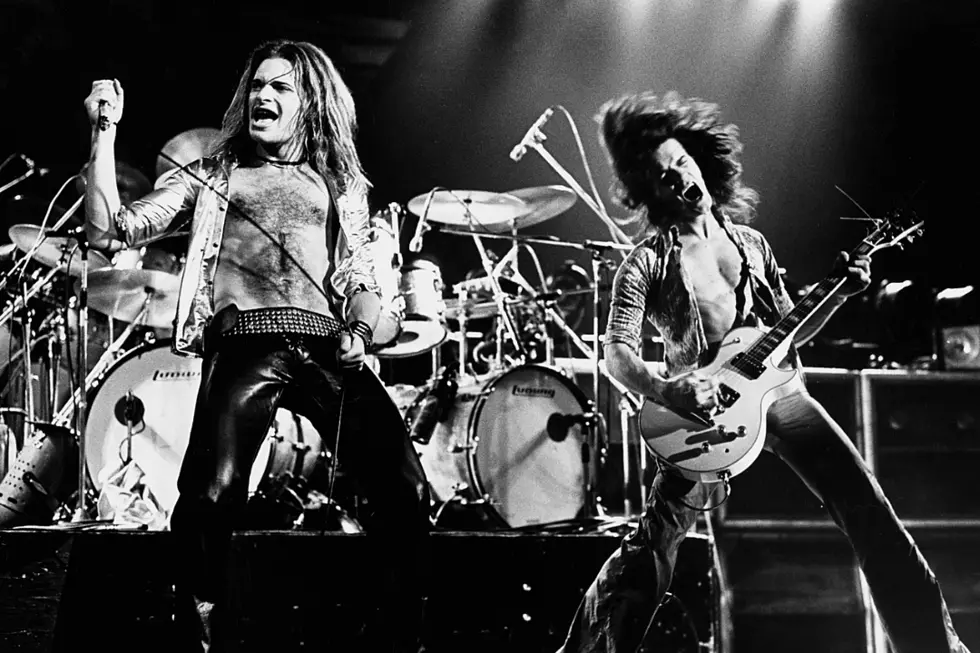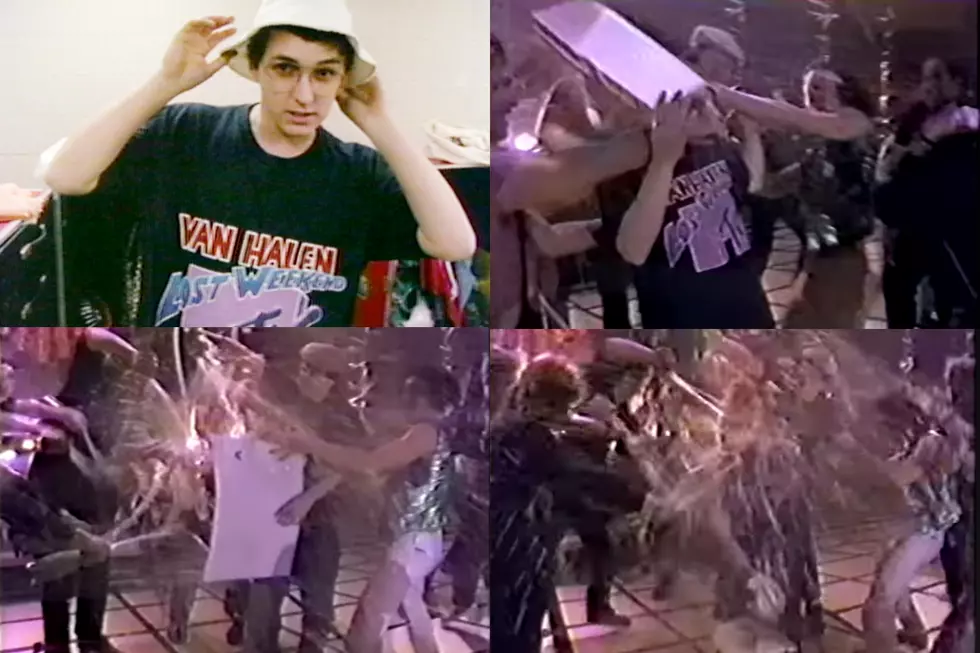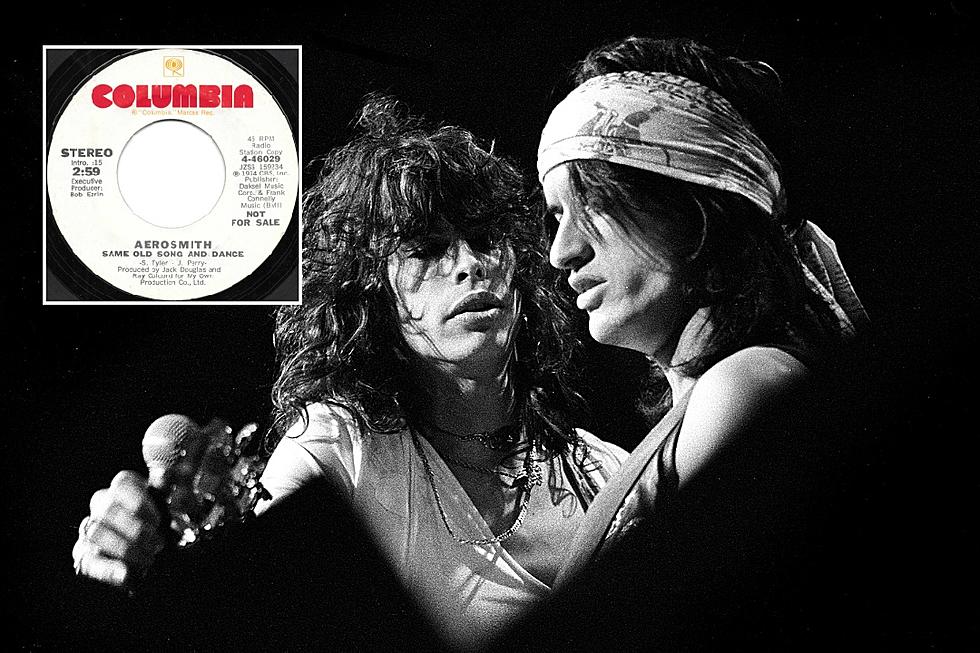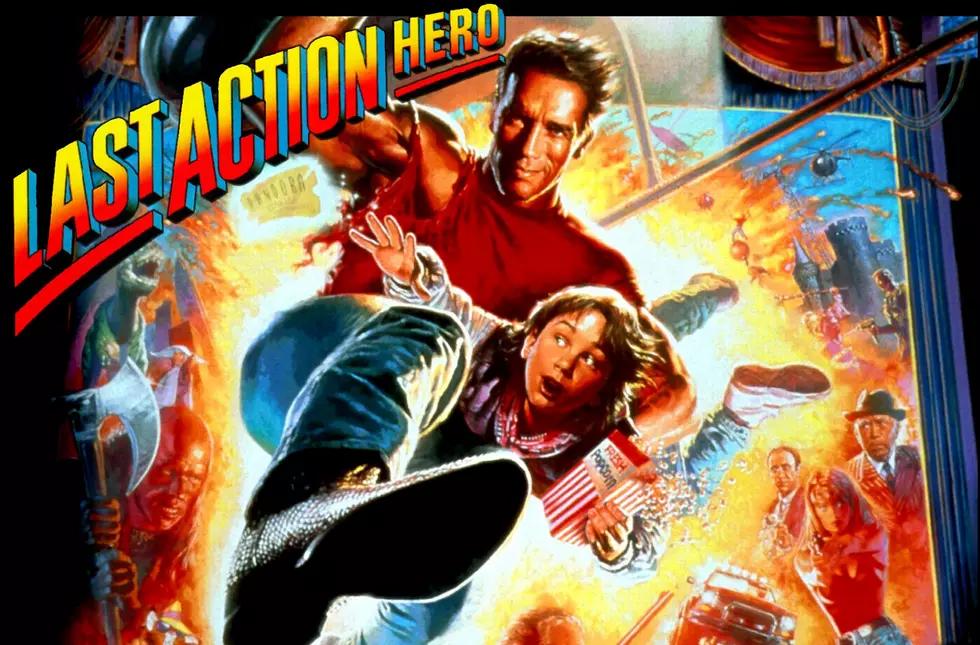
How ‘Last Action Hero’ Soundtrack Balanced Grunge, Metal and Rock
Last Action Hero was a box-office bomb when it landed in theaters in late June 1993, another failed parody film in the vein of Top Secret! and Loaded Weapon. Still, it was something of a surprise since they were taking aim at action movies with one of the biggest names of the genre, Arnold Schwarzenegger, as the lead actor.
On the other hand, the soundtrack was a sales success when it arrived on June 8, 1993, with all of the songs touted as being new in print ads. Its mix of grunge, metal, rock and hip-hop may seem curious today, but the album was actually the sonic epitome of a shifting musical landscape.
This was a time when Aerosmith, Alice in Chains, Megadeth and Cypress Hill made sense to be part of the same track listing. The lines were blurred when it came to what was rock, what was grunge, what was metal and where hip-hop crossed over.
The record kicks off with "Big Gun" from AC/DC, still the soundtrack's most recognizable track due to heavy rotation on MTV. The video featured Schwarzenegger bursting into a concert performance and then hilariously ending up in Angus Young's schoolboy outfit and even strumming the guitarist's Gibson SG.
"Big Gun" was the first by AC/DC to top the Album Rock Tracks chart, though for some reason the group didn't add the song to their set lists despite its popularity.
Alice in Chains was asked to score the film by composer Michael Kamen, but was unable because of touring commitments. Instead, they contributed two songs to the soundtrack, sandwiching the recording sessions between a European tour earlier in 1993 and as a headliner on that summer's stacked Lollapalooza bill. "What the Hell Have I" was a leftover from the Dirt sessions, while "A Little Bitter" was a new song. Both were the first to feature new bassist Mike Inez, who replaced Mike Starr a few months earlier.
Watch AC/DC's 'Big Gun' Video
Megadeth's "Angry Again" stemmed from some of Dave Mustaine's most prolific songwriting sessions around the time of their 1992 album Countdown to Extinction, which gave the band its third Grammy nomination for Best Metal Performance. Queensryche's ballad "Real World," written with Kamen, was an attempt to keep riding their wave of popular singles from the Empire album, specifically "Silent Lucidity" and "Anybody Listening?"
"Many soundtracks don't have the depth to support four singles with Def Leppard and Fishbone in reserve," Diarmuid Quinn, then VP of marketing at Columbia Records, boasted to Billboard. He wasn't wrong: At one point, all of the previously mentioned songs were released to radio, resulting in a staggering five tracks on the Album Rock Charts from Last Action Hero in the Top 25.
The material to draw from was so plentiful that it’s almost ridiculous what wasn't released as a single. Def Leppard was asked to contribute a song, but like Alice in Chains, they were too busy touring so they sent over what was basically a bare-bones sketch. “Two Steps Behind” had come out the year before in an acoustic version as the B-side to “Make Love Like a Man.” Kamen added strings and overdubs.
Aerosmith delivered what is widely considered one of the best performances of their hit “Dream On,” from the MTV 10th Anniversary Special in 1991 featuring an orchestra conducted by Kamen – the primary reason it made sense for the song to end up on Last Action Hero.
Fishbone contributed the only song on the soundtrack that was already widely available. “Swim,” from the funk band's metal move, Give a Monkey a Brain and He'll Swear He's the Center of the Universe, had been out a couple of weeks before its appearance here. Still, it provides a great connection to the alt hip-hop bounce of Cypress Hill's “Cock the Hammer," which precedes it.
There are a few misfires on Last Action Hero. The title track by Tesla is a generic rocker, and Anthrax's plodding Sound of White Noise outtake “Poison Eyes” meanders at more than seven minutes. “Jack and the Ripper,” Kamen's closing piece with the Los Angeles Rock and Roll Ensemble featuring Buckethead, was better suited for the companion film score. But none of it really takes away from what's ultimately a pretty definitive snapshot of music in 1993.
Weird Facts About Rock's Most Famous Album Covers
The Only Time AC/DC Was Late for a Show
More From Ultimate Classic Rock

